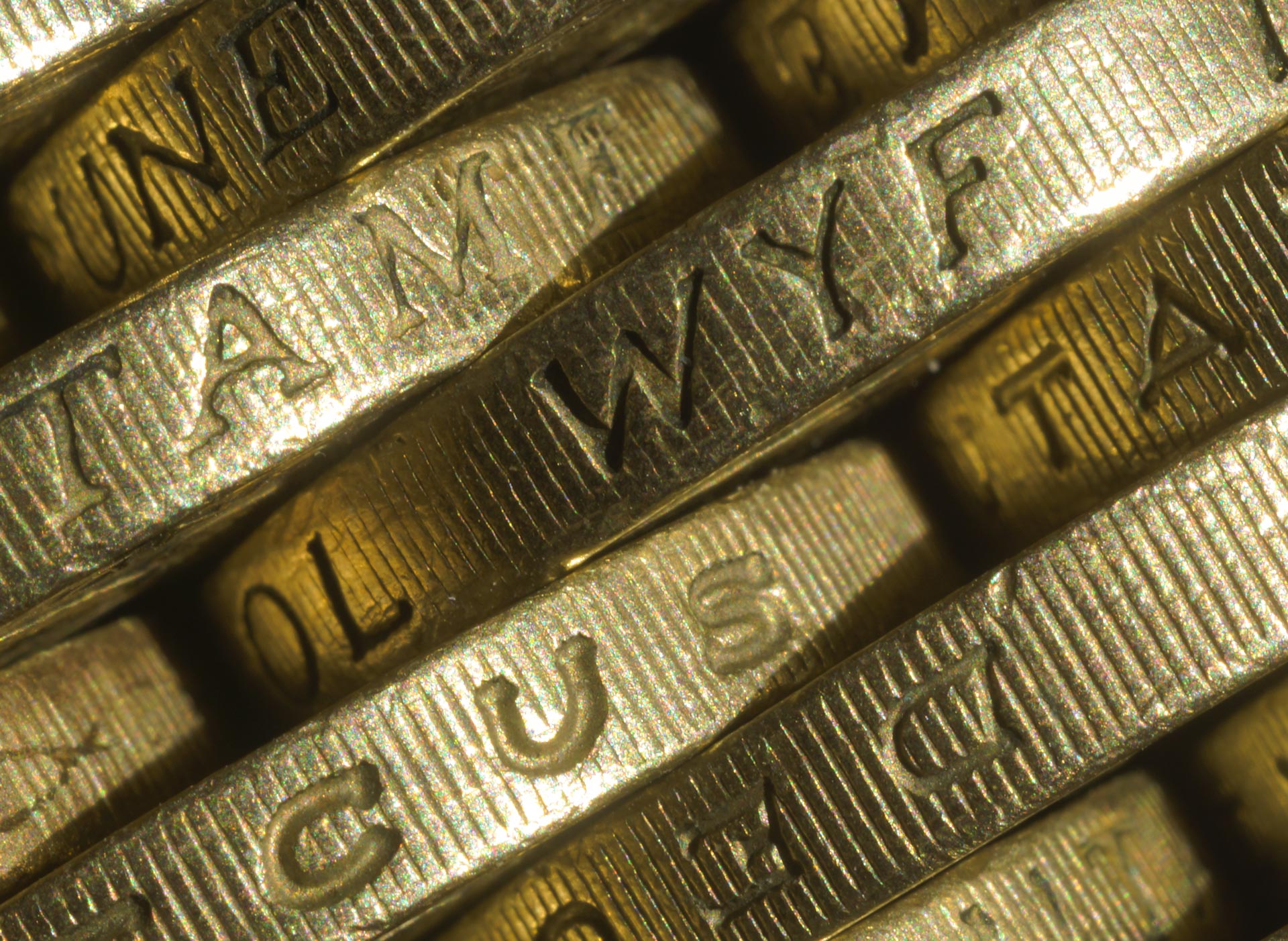Spending levels may be mixed when the time comes to reopen the UK economy, because there will be two core groups of people. Cash-rich white-collar workers who worked from home during the crisis, therefore saving money on a multitude of goods and services they otherwise would have bought, and the workers of the companies who sold those same goods and services prior to the crisis.
The former will have had 100% pay and lower monthly expenditure, the latter will have had 80% pay and work for a business heavily impacted by the crisis. As a result of this, those on 80% pay during the Covid-19 months are on shakier ground in terms of job security; for when their employers look to reopening, decisions about how to handle the loss in profits and newly acquired government loans will surely result in layoffs and/or reduced hours.
Spending power will impact markets post Covid-19
One has to hope that the inevitable spending splurge from the work-from-home crowd when the lockdown ends will help support businesses who have suffered, enabling them to keep their staff; and enabling their staff to keep spending in turn. Indeed, this whole crisis may all end up with the spending choices of the stay-at-home people deciding the job prospects of the furloughed workers.
Should the direction of travel for this accumulated cash be towards high street spending, such as restaurants, salons, consumer goods, then they might just save the jobs of the furloughed workers. However, should the spending spree go on holidays abroad, new experiences, or yet more online shopping, restaurant workers and consumer goods retailers could be in trouble.
Taxes may increase to fund recovery
The relative spending power of these two core groups will massively impact the consumer goods and foodservice markets post-Covid-19 and set the scene for the 2021 landscape. Indeed, making the pivot towards whatever goods entice the new cash-rich and away from the indebted furloughed workers might not cut it. In all likelihood taxes will increase to help fund the recovery. Faced with tax rises and even inflation, people may decide they like having savings and simply want to keep them. Should that happen, many businesses on the edge of bankruptcy prior to the lockdown will crumble.
Debt levels may increase
Prior to the Covid-19 crisis, British household borrowing was at a higher level than the months leading up to the 2008 crash (as reported by the TUC). The government’s action in subsidizing 80% of workers’ wages has largely prevented the mass unemployment that would have happened had that action not been taken. However, when the crisis ends these same households, having weathered an effective 20% pay cut for several weeks or months, will still have that debt, and be in an even worse position to pay it off than before.
How well do you really know your competitors?
Access the most comprehensive Company Profiles on the market, powered by GlobalData. Save hours of research. Gain competitive edge.

Thank you!
Your download email will arrive shortly
Not ready to buy yet? Download a free sample
We are confident about the unique quality of our Company Profiles. However, we want you to make the most beneficial decision for your business, so we offer a free sample that you can download by submitting the below form
By GlobalData






